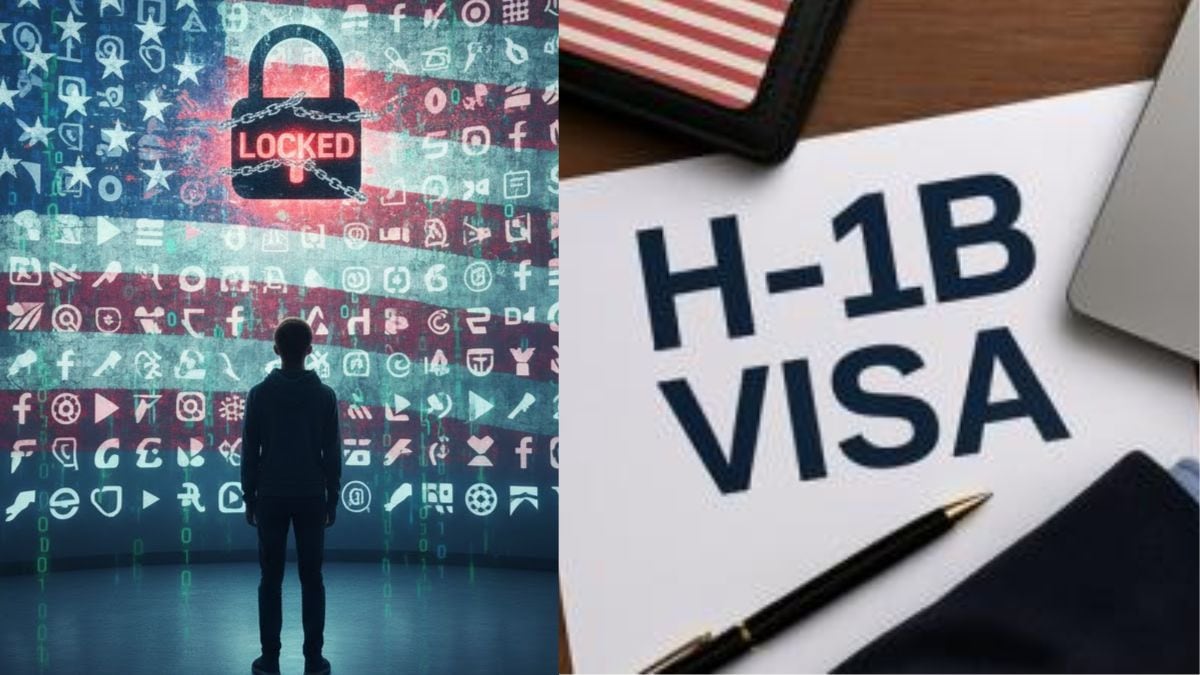H-1B Visa Reform Sparks Debate: Are US Tech Jobs Out of Reach for Citizens?
This article highlights the ongoing tension between the H-1B program's role in skilled talent acquisition and its perceived impact on domestic job opportunities, particularly within the tech sector.
Subscribe to our newsletter and stay informed about latest H1B news, policy updates and and other developments.
Article Summary
A former H-1B visa holder initiated a viral social media debate, questioning the accessibility of tech jobs for US citizens and the H-1B program's current priorities. His concerns arise as a proposed H-1B reform, reportedly involving a $100,000 application fee, aims to address perceived system abuse. Netizens shared varied opinions, discussing the program's efficacy and impact on the domestic job market.
Original Article: financialexpress.com
[ Sentiment: neutral | Tone: factual ]
This summary and analysis were generated by TheNewsPublisher's editorial AI. This content is for informational purposes only; it does not constitute legal or immigration advice.
[ Sentiment: neutral | Tone: factual ]
This summary and analysis were generated by TheNewsPublisher's editorial AI. This content is for informational purposes only; it does not constitute legal or immigration advice.
TNP AI: Key Insights
This debate underscores the persistent public and political scrutiny faced by the H-1B program, directly impacting both employers relying on foreign talent and skilled professionals navigating the US job market. For employers, it signals continued pressure to justify H-1B hires and potential future policy shifts, while H-1B holders face ongoing questions about their role and the program's future.
The article refers to a 'recent reform requiring employers to pay a hefty $100,000 application fee.' It is crucial for our audience to understand that while proposals for increased H-1B fees exist and specific situations (e.g., Public Law 114-113 fees for certain employers) can add significant costs, a universal $100,000 application fee for all H-1B petitions is not part of current, enacted USCIS regulations. This distinction is vital for employers and visa holders planning their strategies.
The sentiment expressed by the former H-1B holder, while anecdotal, reflects broader public concerns that often fuel legislative attempts to restrict the program. Such public discourse can influence policy discussions, potentially leading to more stringent requirements or increased costs for H-1B employers, further complicating international talent acquisition and workforce planning.





